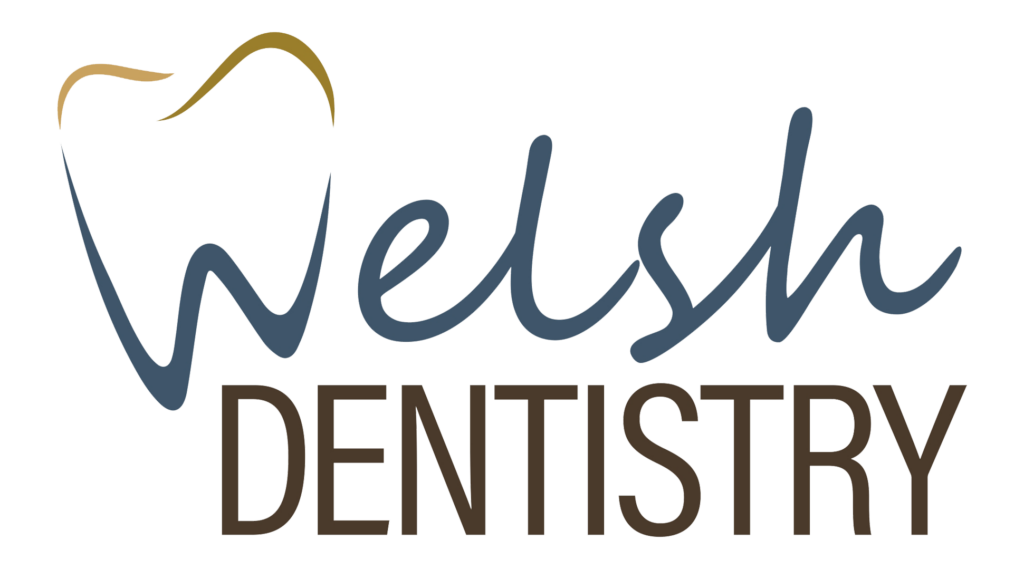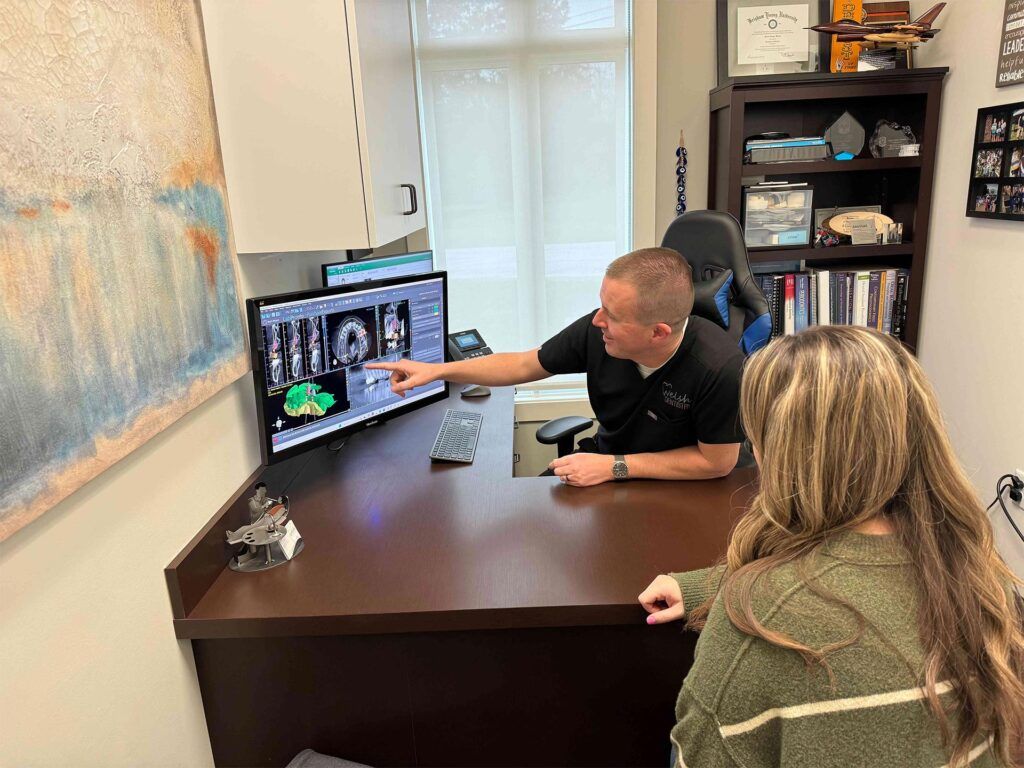Dental implants are surgical-grade root devices that support permanent tooth prosthetics that are manufactured to last for many years. These artificial roots are anchored in the bone beneath the gums where they become fused into the jaw. A crown is mounted to the implant for a long-lasting and natural looking smile. Many dentists and patients prefer dental implants because they offer the same function as natural teeth and also help prevent bone loss in the jaw. Dental implants may be used to replace a single missing or damaged tooth or to restore an entire smile by allowing dentures to be fixed in place.
Did you know…
That approximately 30 million people live with no natural teeth in one or both jaws? But more and more dental patients are opting for dental implants as a means of tooth replacement. The American Academy of Implant Dentistry reports that 3 million people currently have dental implants – a number that is rapidly growing by about 500,000 per year. Modern titanium implants were first developed in the 1950’s, but archeologists have determined that ancient Egyptians and Mayans were the first cultures to implant artificial teeth.
Frequently Asked Questions
Are dental implants right for me?
Dental implants may be right for you if you have missing, broken or severely decayed teeth and are in relatively good overall health. Determining if you are a candidate for dental implants is easy. Dr. Welsh will perform an exam and take a 3D radiograph of your bone to evaluate whether you have adequate bone to support an implant prosthesis.
What should I expect if Dr. Welsh and I decide dental implants are right for me?
The placement of dental implants is a multi-step process that typically takes between 4 to 8 months to complete depending on whether or not the previous tooth has already been extracted. It begins with a surgical procedure during which a small titanium fixture is placed where a previous natural tooth root once was. The gums are sutured closed over the implant where it will stay for 3-4 months while it heals and begins fusing with the surrounding bone. The appointment for implant placement usually takes less than an hour and involves little to no discomfort. At the conclusion of the healing period, you’ll come back to be fitted for the final crown and then return again in two weeks to have the crown attached to the implant.
What type of post-treatment care will I require?
It is normal to experience some discomfort, including bruising and swelling following a dental implant procedure. However, inflammation and pain may be managed with over-the-counter medications, such as ibuprofen and acetaminophen. You may be asked to eat only soft foods for approximately 2 weeks until the surgical site heals.

